
Photo: Truman Capote, 1924-1984.
I finally got to see Capote. Allen and I rented it and watched it on Saturday, along with Good Night and Good Luck and Broken Flowers.
After the movies, I did a bit of Internet research on the films and ran across Capote's burial site. This is a great site where you can find the graves of many of your favorite authors. I enjoy this site, although my family finds it morbid.
All night, after I'd gone to bed, the three movies swirled in my dreams, mixing with personal experiences. I can't say they were bad dreams, but very strange. I think the three movies together touched on many anxieties I have, both public and private.
Broken Flowers makes me think about how I have always feared coming to the end of my life and thinking that my life has had no meaning.
Good Night and Good Luck makes me think about inhumanity in the world, how politics and inhumanity become synonymous.
Capote certainly brings to the fore many thoughts about writing, why we do it, what the consequences of writing are. I believe so far in my blogs, I've only addressed the positive consequences of writing. Capote suggests there are places our writing can take us that are dangerous to our inner well-being. I have always thought there is a boundary in us, that, once crossed, destines us to be wanderers in our own lives, lost. Perhaps Truman Capote crossed that line.



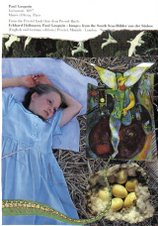


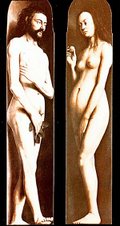

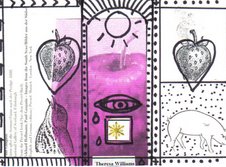
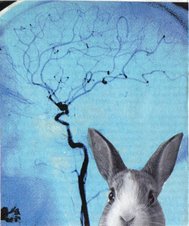
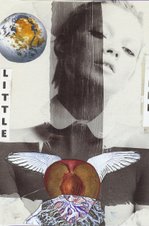
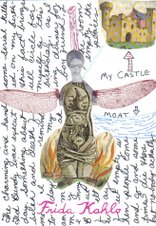
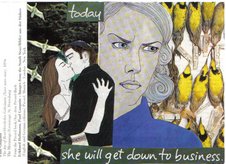

9 comments:
Oh, my! Three of my favorite movies from last year! I think Capote was a masterpiece. I found the moral issues and human drives it raised very troubling. I could write screeds on all three of these, but won't - a) it's your blog and b) well, I can't physically. Glad you got to see them all!
Of the three movies you mention, I've seen only Broken Flowers. It left me thinking about how all young people are our children. I also thought I'd like to have the Ehtiopians as my neighbors! ~ Beth
Capote is the only one of those three movies that I've seen (although Good Night and Good Luck is also on my list). Theresa, I think you describe perfectly what may have happened to Capote--he crossed the "line"--the point of no return. I wonder--was the book that resulted worth it?
You just listed my Netflix queue. I do think there is dangerous place that one can go with writing. I've sensed it, and that was close enough. Howver,I do think you get to some of the best stuff right before you hit the danger zone.
Beth, that is so true about how all young people in a sense are our children. How horrid, then, that the young man feels he can't trust this stranger. As I think of it, the only time Don Johnston connects at all is with children (He sits at a small table with Winston's child, too).
I wonder--was the book that resulted worth it?
------------------------------
For me, it wouldn't be worth it. I don't know if it was for Capote or not. Those who knew him say he had a great need for approval, which is understandable, considering how he grew up. He was also extremely intelligent, so he must have bored quickly in social life. But as I think about his early work and if I were to surmise based on that early work, I'd say it wasn't worth it for him, either. Have you ever seen BREAKFAST AT TIFFANY'S?
Still wanting to see all three of those. And I can see how seeing them all in the same day would bring out some personal feeling in sleep.
Interesting entry. And no, I don't think that site is that morbid. Everyone has their quirks lol
~Lily
Theresa, I have seen BREAKFAST AT TIFFANY'S (it's one of my favorite movies, in fact!), although I haven't read the book. I'm not sure how much the two differ. I can see a lot of Capote in the character of Holly. I guess the difference is that in the end she was "saved", and Capote was consumed.
Last Saturday a woman very close to me and I were discussing the depiction of Truman in "Capote". It was her opinion that his relationships with others, especially Perry,were essentially sociopathic. They were there to be used for his benefit, for his personal nourishment.
I countered that he was indeed using Perry but in service to that demon within him that demanded truth in his creativity. I believe Capote paid a high internal price for what may better be called his narcissism.
V
Post a Comment